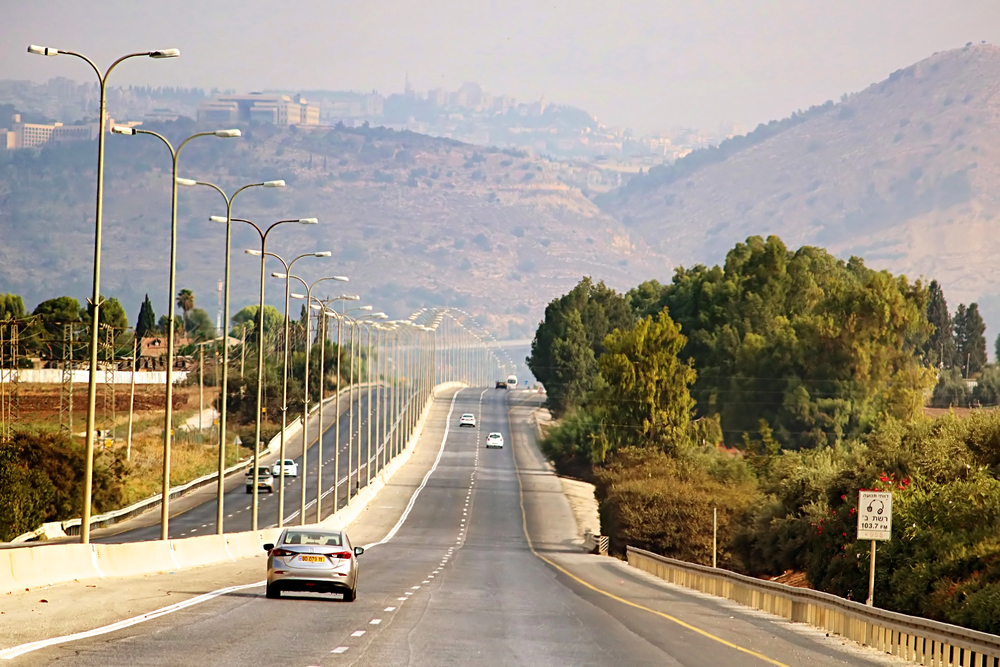Evaluation of the Israel Precision Medicine Partnership (IPMP) Program

The Israel Precision Medicine Partnership (IPMP) is a collaborative initiative involving Yad Hanadiv, the Klarman Family Foundation, the Planning and Budgeting Committee of the Council for Higher Education, Digital Israel, and the Israel Science Foundation
Upgrading the Economic System of the North

In mid-2014, SNI joined a venture with the Ministry of Economic and Industrie, aimed at drafting a plan for substantial improvement of the economic status of the North. During 2015, the project was completed and a summary report, which includes an analysis of the socioeconomic situation in the north, and recommendations to realize change-generating infrastructure […]
Leadership and Academic Management in Higher Education

The higher education sector faces more challenges than ever before, and therefore needs leaders who can lead faculty members (colleagues) and ensure the implementation of academic goals.
Industrial requirements for bio-fabrication

As part of developing the bio-convergence field as an economic growth engine for Israel, there is great importance in collecting data concerning the industrial need for infrastructure and services. This includes information about the required equipment, the types of products for which service is required, what engineering skills are needed, expertise in design processes, and more.
A review on Human Resource Shortage in the Field of Artificial Intelligence in Israel

The objective of the current research, which was commissioned by the Israeli Innovation Authority, is to examine the number of missing research personnel in the industry in the field of artificial intelligence. This research aims to assist in determining the proposed policy to alleviate this shortage.
Profile of “Outstanding Socially Committed Leadership”

The study aims to characterize the graduates of Edmund de Rothschild Partnerships programs as socially committed leaders, dedicated to bridging social and economic disparities in Israeli society.
Mapping Human Talent Requirements for Jerusalem’s Advanced Industry

The Samuel Neaman Institute for National Policy Research, together with The Jerusalem Development Authority, Jerusalem Municipality, The Social-Economic Forum and The Employers Administration initiated a project for encouraging discharged soldiers to study and work in Jerusalem. The main aim of this project is to identify trends in human talent requirements within the Jerusalem labor market.
Arab minority participation in collective action

The societal and economic integration of the Arab minority is considered an essential factor for Israel. This research inquires how Arab minority members resolve the social dilemma of participation in collective action at the general society level. We use behavioral experiments methodology.
Women in Technological and Scientific Entrepreneurship

This research identifies obstacles that prevent women from becoming involved in entrepreneurship in research and technology and suggests ways to increase women’s participation in entrepreneurial activities at the Technion and beyond
Absorption of Senior Israeli and Foreign Researchers in Israeli Universities

This research, carried out at the request of the Israel Academy of Sciences and Humanities, relates to Israeli and foreign researchers who were senior faculty members in universities abroad and chose to accept position of Associate or Full Professor in Israeli universities. The study provides a recent mapping of these researchers in Israel including their research focus, the motivation for their arrival, their integration in Israeli universities and strategies for encouraging this process.
